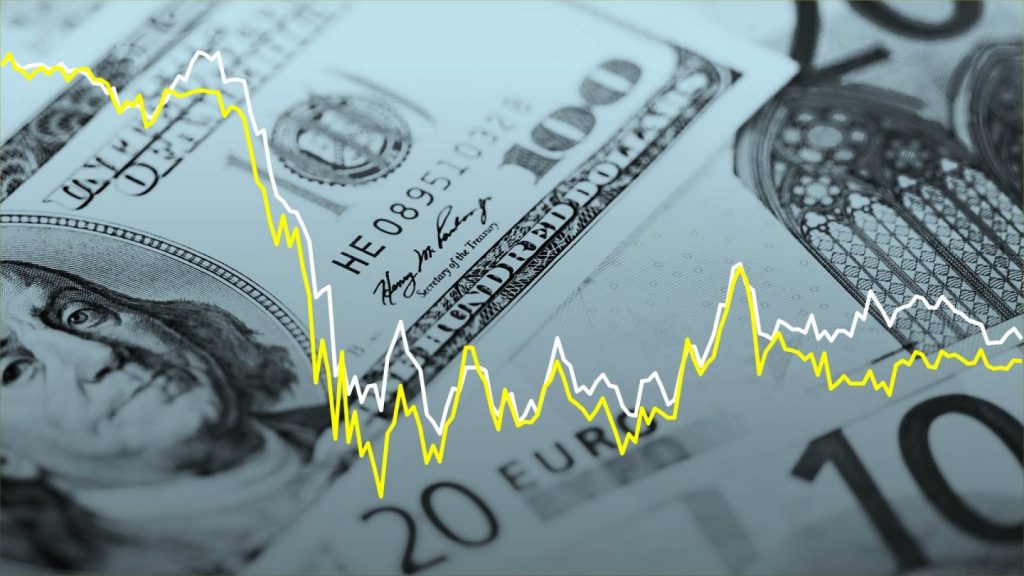Utilizing Financial Aid During a Global Crisis: A Guide for Business Owners
The Covid-19 pandemic has had a devastating impact on the global economy, with businesses in every sector feeling the strain of the crisis. As business owners struggled to keep their companies afloat, many turned to business financial aid programs for relief. From government loans and grants to private investment opportunities, there was an abundance of resources available for those who needed it most.

In this article, we’ll reflect on some of these options and discuss how business owners used them to their advantage during this difficult time.
ERC
The Covid-19 pandemic has caused financial hardship for many businesses around the world. To help combat the effects of this global crisis, the US government created several programs to provide relief and assistance to those companies in need. One such program is the Employee Retention Credit (ERC)
The ERC is a tax credit available to employers with 100 or fewer employees. Under this program, businesses can receive up to $5,000 per employee in 2020 and 2021 for maintaining their payroll during the pandemic. To be eligible for erc tax credit, businesses must have experienced either a full or partial suspension of operations due to government restrictions related to the pandemic or have seen a significant decline in gross receipts (more than 50%) compared to the same quarter of 2019.
Business owners used this program to their advantage in 2020, claiming an estimated $50 billion in credits. The ERC has been extended through June 30th and is expected to provide more than $90 billion in relief to companies this year. With the extension of the program, business owners have another opportunity to benefit from this relief measure and help maintain their payrolls during these challenging times.
Government Grants
There was a lot of uncertainty around COVID-19 when it first came into fruition. How long would it last? What would the effects be? To help answer these questions, the government offered several forms of business financial aid programs to companies across the country.
Small business owners were eligible for loans from the Small Business Administration’s Paycheck Protection Program (PPP). This loan provides funding to keep employees on payroll so that businesses can remain afloat and avoid layoffs. The PPP loan can also be forgiven if certain criteria are met, meaning that the business does not have to pay it back.
The Economic Injury Disaster Loan (EIDL) is another financial assistance program available to small business owners. The EIDL provides an advance of up to $10,000 which can be used for payroll costs, rent, and other operating expenses. The loan then offers up to $2,000,000 in long-term loans with an interest rate of 3.75%.
In addition to offering loans and grants, many states have waived certain taxes or fees that would normally be due from businesses at the time, helping them to survive the crisis.
Private Investments
It is hard to estimate how many business owners would’ve utilised private investments if it wasn’t for the pandemic. Private investments are often seen as a great way for businesses to secure funding and help them weather any economic downturn.
During the pandemic, private investors have offered their support in different ways, from providing direct financial assistance or taking part in equity rounds of financing or debt financing.
While not all businesses would have been able to access this form of funding, it is believed to have been a lifeline for many during the pandemic.
Small Business Loans
Small business loans have been a major component of the financial help provided by governments around the world during the COVID-19 pandemic. These loans are designed to provide businesses with access to quick and flexible capital, enabling them to manage their cash flow and cover their expenses while they develop strategies and plans for recovery.
In turn, this meant that business owners could focus on ensuring the continuity of their businesses without having to worry about the financial burden of a pandemic. This was particularly true for small businesses, which often don’t have access to large reserves of cash or access to lines of credit.
Final Thoughts
The COVID-19 pandemic has been a difficult time for businesses all over the world, but financial help from various organizations have gone a long way in providing relief. Despite this assistance, many small business owners are still feeling the strain of the economic impact and require further support to stay afloat. It is clear that more must be done to ensure these companies can continue operating and contributing to their local economies.
We hope our article on business financial aid programs has provided useful information on where you may find financial aid during these trying times, so your business doesn’t become another statistic of those affected by this crisis.

